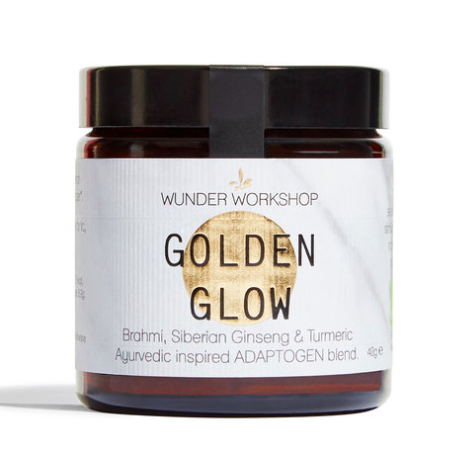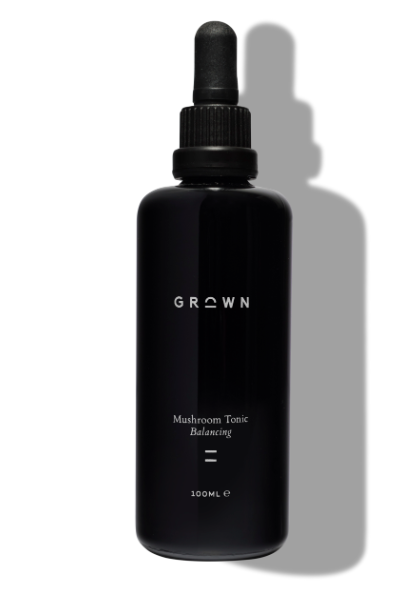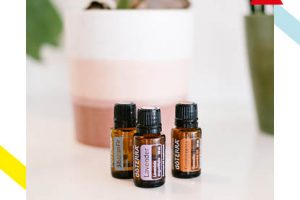What even are nootropics? Brain boosters, demystified
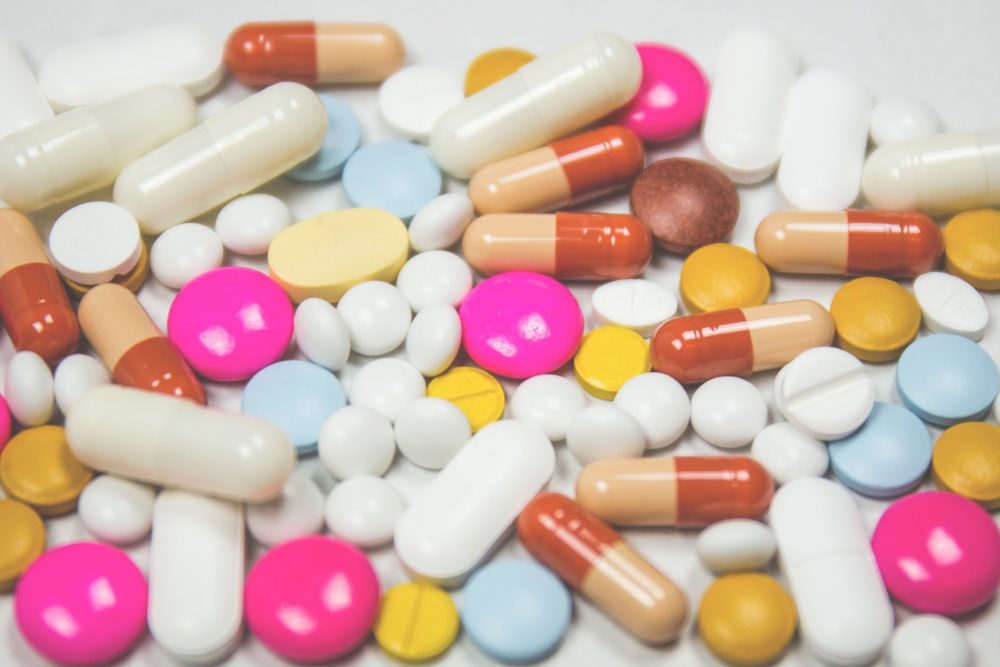
The wellbeing crowd can be a fickle bunch. (Yes, we realise that includes us). We act all virtuous about only putting wholesome, natural goodness into our bodies, then we hear about something that promises to turn us into Bradley Cooper in Limitless, and suddenly we’re popping pills like there’s no tomorrow.
The latest stream of synthetic substances to seduce the wellness world are nootropics. Maybe you’ve seen the word somewhere or your health-fad early-adopter friend dropped it into conversation. But let’s be honest, few people really know much about them… yet. So let’s investigate.
The basics
Nootropics is the collective name for various supplements, drugs and other substances that claim to improve brain function in normal healthy people. The idea is that different compounds enhance different aspects of our cognitive powers, such as memory, focus, creativity, energy, mood, and help facilitate learning.
What’s in a name?
Coined by a Romanian chemist in the 70s, nootropic literally means ‘mind-bending’ in the original greek.
How do nootropics actually work?
Why now?
You can see the appeal in today’s speedy society: do the same amount and get more done? That will likely be a strong yes if all you have to do is choose an appealing-looking bottle that targets whichever part of your tiresomely human self isn’t quite up to scratch. Stressed? Go for L-Theanine. Lacking focus? That’s an Adrafinil for you. Or are productivity levels having a lull? Grab yourself a Phenylpiracetam.
Though they sound pretty newfangled, nootropics in some form or another have been around since use in Ayurveda and Traditional Chinese medicine. In the 60s and 70s attention focused on B vitamins and more recent develops include blends and cocktails of countless compounds taken in combination with others for different effects.
And are there downsides to these miracles substances?
‘Smart drugs’ have come in for plenty of criticism with serious concerns about side-effects, excessive uncontrolled consumption and unfair advantages, particularly among students and athletes. But in the UK wellness market most nootropics are natural, plant and herb-based formulas – with ginkgo biloba, ginseng and ashwagandha grabbing most of the headlines for their heroic effects. That said there is very little solid scientific evidence for their efficacy. But that doesn’t mean they don’t, it just means that more research needs to be done. As with any new supplement or dietary change, it’s best to check with your GP if you have any doubts at all.
BALANCE’S BEST:
Boost Food Supplement, £19, Form
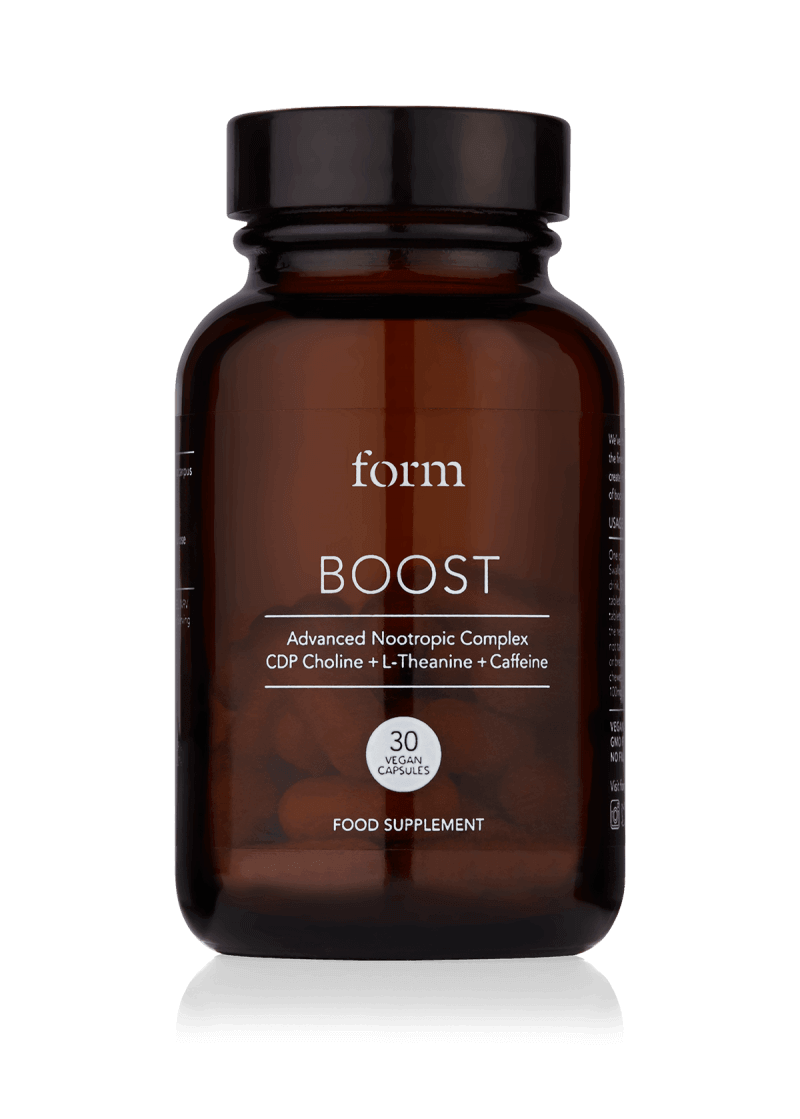
Mushroom Tonic — Balancing, £60, Grown





